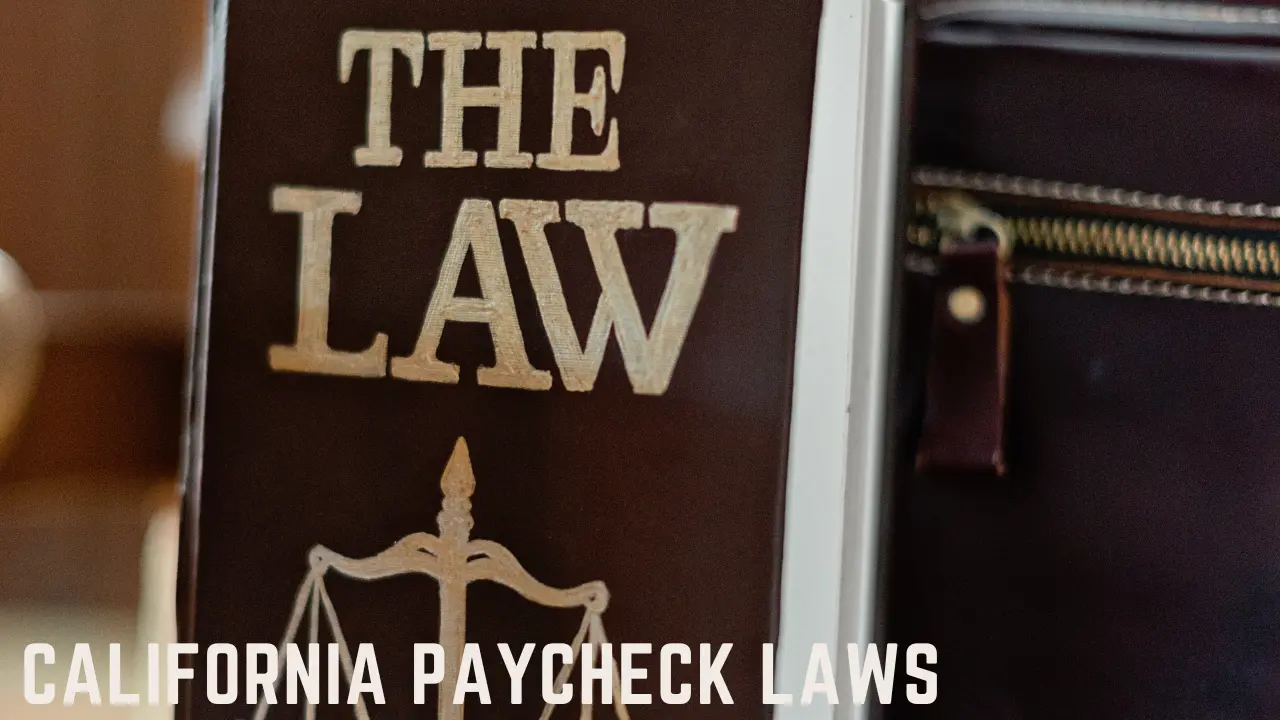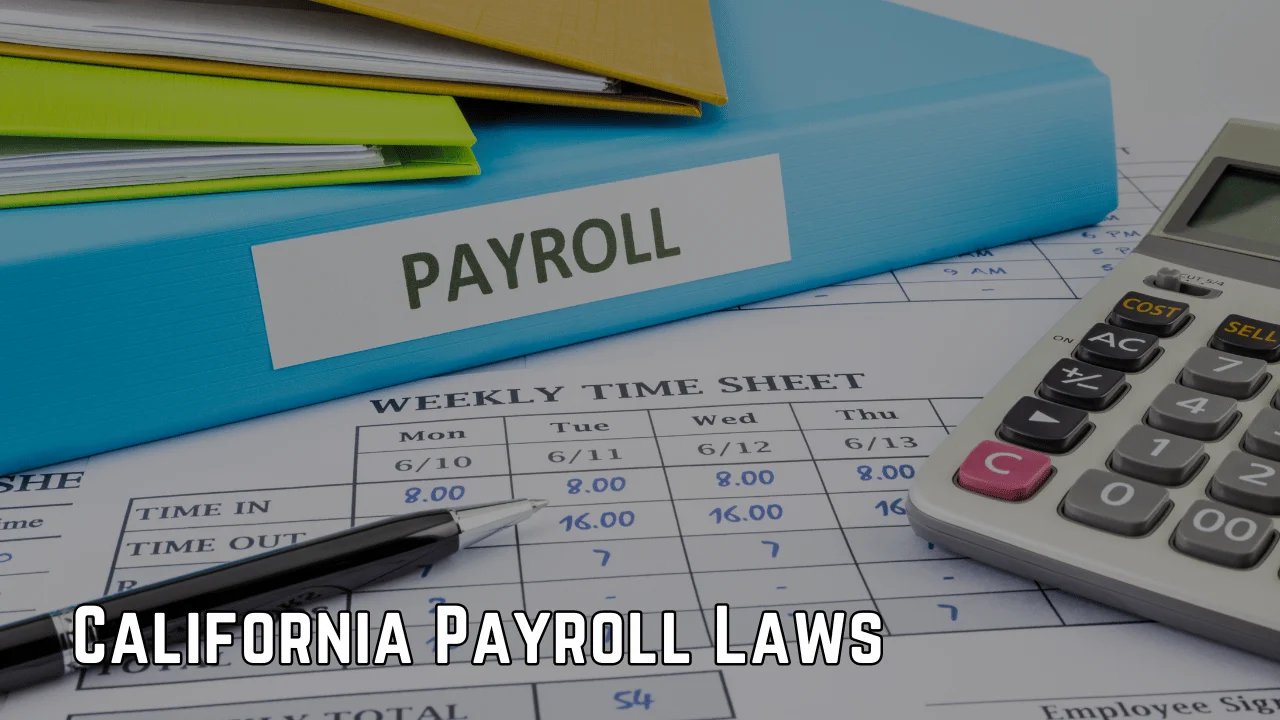Like a surfer riding the waves of the Pacific, you, as a Californian worker, must skillfully navigate the sea of paycheck laws to ensure you’re getting a fair shake. Understanding your rights and knowing what to expect on payday isn’t just good knowledge—it’s essential for protecting your income.
In this discussion, we’re going to break down five key California paycheck laws that you absolutely need to know. It’s time to dive in, don’t you think, to ensure that you’re not left adrift in the vast ocean of employment law.
Understanding Pay Stub Information
Regularly checking your pay stub is critical as it provides detailed information about your pay period dates, hours worked, rates, deductions, and net wages. It’s more than a piece of paper or digital document; it’s a vital tool for managing your financial health.
An error in your pay stub could mean you’re not getting paid for the hours you’ve worked or you’re losing money to incorrect deductions. Scrutinize every detail. If something doesn’t add up, don’t shrug it off. Take action. Seek clarification from your employer or human resources department.
Frequency of Payment Guidelines
While ensuring the accuracy of your pay stub is crucial, it’s equally important to understand the laws governing how often you should be paid, as mandated by California’s paycheck rules.
If you’re a non-exempt worker, you must be paid at least twice a month with set paydays for earnings between the 1st-15th and the last half of the month. If you’re an exempt worker, it’s acceptable to be paid once a month, but no later than the 26th.
Regular and overtime wages also have specific payment timelines. Remember, employers failing to adhere to these guidelines can face legal repercussions.
Rights to Payroll Records Examination
Under California Labor Code 226, you’re granted the right to examine your payroll records, a privilege that’s crucial in ensuring your employer is meeting all legal obligations related to your wages. This transparency allows you to verify that you’re receiving the correct pay and that all deductions are lawful. Employers are obligated to keep these records for at least three years, and you can request to view or obtain copies at any time.
If your employer fails to provide these records, they can face a $750 penalty. So, know your rights. Assert them when necessary. You’re entitled to this information, and it’s an effective tool in safeguarding your hard-earned wages.
What to Expect in Final Paychecks
Just as you have the right to examine your payroll records, you also have certain entitlements when it comes to your final paycheck in California. It must include all earned wages and accrued vacation time. If you’ve unused vacation days, expect a cash-out. However, not all paid time off is considered wage in the Golden State.
Remember, employers are obligated to deliver your final paycheck promptly. Delays can lead to waiting time penalties. It’s your hard-earned money, and these laws ensure you get every penny. If you spot any irregularities, don’t hesitate to raise a dispute.
Knowledge is power, and understanding these laws empowers you to safeguard your rights. So, stay informed, and stay vigilant.
Legal and Illegal Wage Deductions
In the realm of wage deductions, it’s essential to know what’s legal and what’s not, as employers are only allowed to deduct your wages as required by law or with your written authorization. Your employer can’t take money out for things like work uniforms, commission losses, or medical exams. These are illegal deductions and can lead to serious consequences for the employer.
However, deductions for health insurance premiums or benefit plans are generally permissible, provided you’ve given your consent. If you notice unauthorized deductions on your pay stub, don’t hesitate to take action. It’s your right to protect your hard-earned money.
Conclusion
To protect your hard-earned money, it’s crucial you understand California’s paycheck laws. Know what your pay stub should include, how often you should get paid, your right to examine payroll records, what to expect in your final paycheck, and what deductions are legal.
Don’t let confusion lead to lost wages or unlawful deductions. Stay informed, know your rights, and take charge of your financial future. Remember, knowledge is power, especially when it comes to your paycheck.









